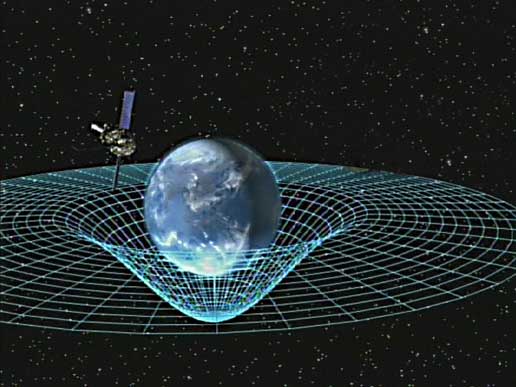Einstein was unique in that he was able to expand on Newton’s ideas of gravity and give us a new way of thinking about time. This would be unremarkable if it wasn’t for the fact that his theories have been proven over and over (for example, thank him for GPS technology and bending light).
For some modern physicists, his ideas are lacking because of quantum dynamics. Of course this is a serious field of study, but it kind of makes me mad when I hear about contemporaries dissing him (I won’t name any names).
Scientists that argue for brane theory and dismiss the subtle mixture of space and time confuse me. How can you acknowledge that time is inexorably linked to space and then propose a theory that suggests another hidden dimension of space? This supposedly allows time to have existed forever. How is this more satisfactory? How can we reconcile the macro with the micro in a way that doesn’t destroy 100 years of proven theory? Are we just going to paradoxically claim that time is intimately linked to space but is also potentially independent of 3-dimensional space?
We get into a terribly difficult ontological argument about “What comes before time existed?”. If we accept that time has always existed then we have to accept these ontological arguments. The Arrow of Time is a hard philosophical construct to detour.
What’s great about Einstein’s theories is that he taught us that things are much more chaotic than Newton. He got us to the moon, helped guide Voyager, and obviously helped make GPS satellites possible. Why were all these things significant? Because of time. Time travels differently depending on velocity and nearness to mass. This was his Opus. No serious scientist would argue against this logic.
What is arguable is the essence of “time”. I don’t think it is a knowable variable, but it works in the math as a variable nonetheless. 😉 Careful!



0 Comments